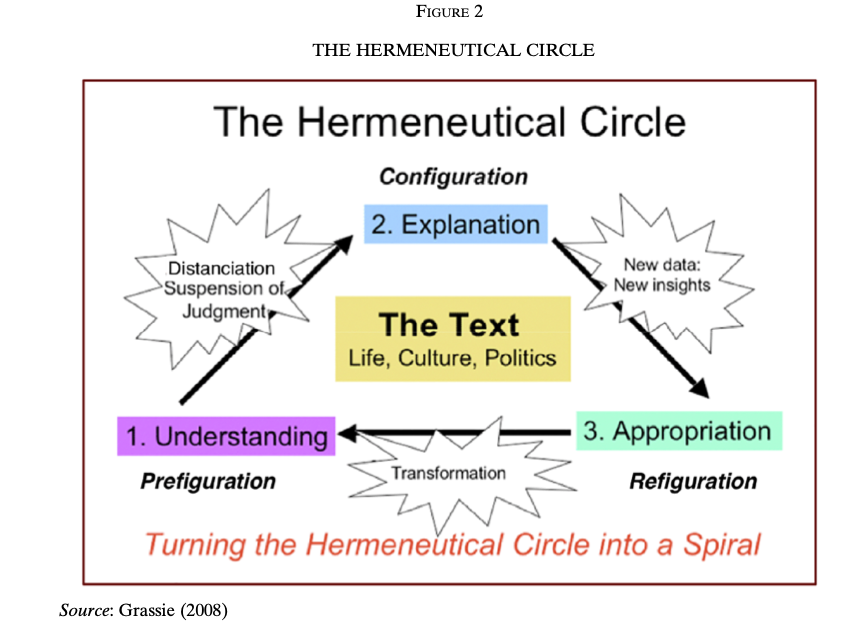Difference between revisions of "Luca Pacioli"
Jump to navigation
Jump to search
(Created page with "{{WikiEntry|key=Luca Pacioli|qCode=87620}} is often credited as the father of accounting, who is also a key person in kicking-off the renaissance.") |
|||
| (14 intermediate revisions by the same user not shown) | |||
| Line 1: | Line 1: | ||
{{WikiEntry|key=Luca Pacioli|qCode=87620}} is often credited as the father of [[accounting]], who is also a key person in kicking-off [[the | {{WikiEntry|key=Luca Pacioli|qCode=87620}} is often credited as the father<ref name="LifeAndWork">{{:Paper/The Life and Works of Luca Pacioli}}</ref> of [[accounting]], who is also a key person in kicking-off the [[renaissance]]. One of the most famous invention of Pacioli was the idea of [[Double Entry Bookkeeping]]. This is due to the publication of his famous encyclopedia on mathematics: [[Book/Summa de Arithmetica, Geometria, Proportioni et Proportionalita|Summa de Arithmetica, Geometria, Proportioni et Proportionalita]]<ref name=Summa>{{:Book/Summa de Arithmetica, Geometria, Proportioni et Proportionalita}}</ref>. According to [[Mark Newman]]<ref>{{:Video/The imaginary number i and the Fourier Transform}}, starting at 1'42"</ref>, Luca Pacioli is also attributed to have published about [[imaginary number]] in his [[Book/Summa de Arithmetica, Geometria, Proportioni et Proportionalita|Summa de Arithmetica]]. | ||
=Related Ideas= | |||
According to [[Alan Sangster]]'s paper<ref extends="LifeAndWork">Figure 2.</ref>, Pacioli's work created a notation system to enable [[Hermeneutic Circle|Hermeneutical Reasoning]]. | |||
[[File:HermeneuticalCircle.png|900px|thumb|center]] | |||
<noinclude> | |||
=References= | |||
<references/> | |||
=Related Pages= | |||
[[Category:Accounting]] | |||
[[Category:Renaissance]] | |||
</noinclude> | |||
Latest revision as of 08:45, 23 July 2022
Luca Pacioli(Q87620) is often credited as the father[1] of accounting, who is also a key person in kicking-off the renaissance. One of the most famous invention of Pacioli was the idea of Double Entry Bookkeeping. This is due to the publication of his famous encyclopedia on mathematics: Summa de Arithmetica, Geometria, Proportioni et Proportionalita[2]. According to Mark Newman[3], Luca Pacioli is also attributed to have published about imaginary number in his Summa de Arithmetica.
Related Ideas
According to Alan Sangster's paperCite error: Invalid <ref> tag; invalid names, e.g. too many, Pacioli's work created a notation system to enable Hermeneutical Reasoning.
References
- ↑ Sangster, Alan (2021). "The Life and Works of Luca Pacioli (1446/7–1517), Humanist Educator". Abacus: A Journal of Accounting, Finance and Business Studies. local page: University of Sydney. 57.
- ↑ Pacioli, Luca (1494). Summa de Arithmetica, Geometria, Proportioni et Proportionalita: Distintio Nona, Tractus XI, Particularis de Computis et Scripturis [Pacioli on Accounting]. Translated by R.G., Brown; K.S, Johnston. local page: McGraw-Hill.
- ↑ Newman, Mark (Apr 5, 2022). The imaginary number i and the Fourier Transform. local page: Mark Newman. , starting at 1'42"
